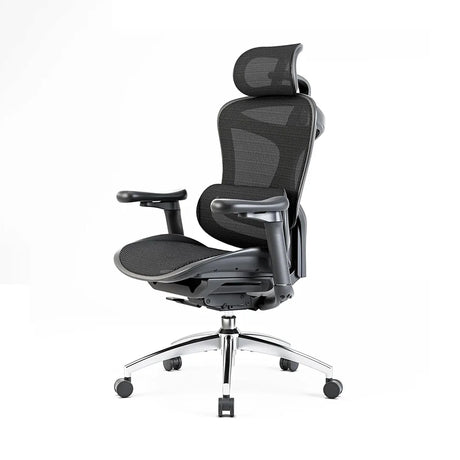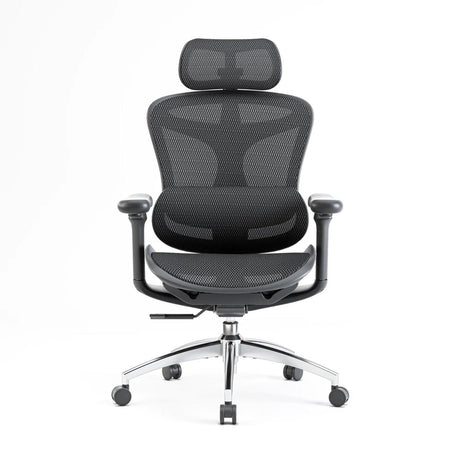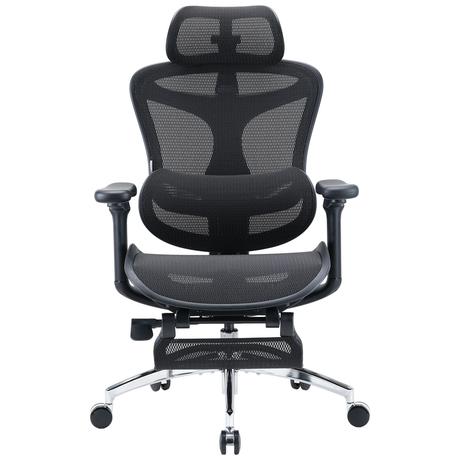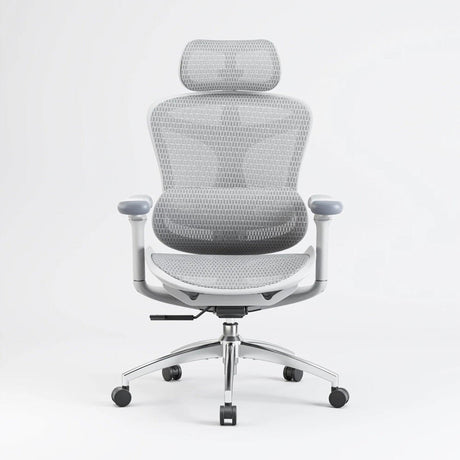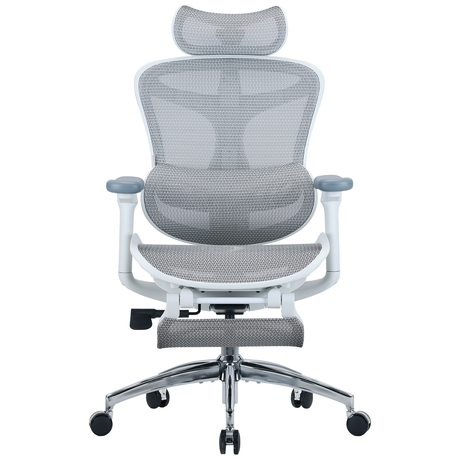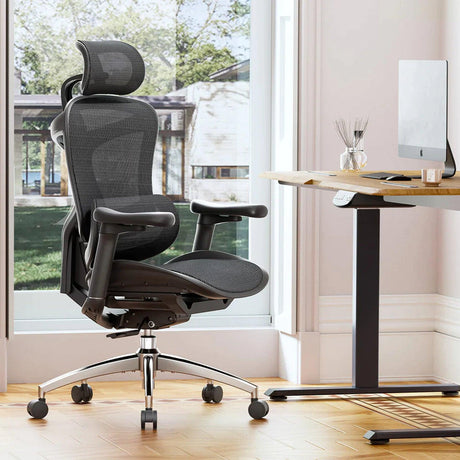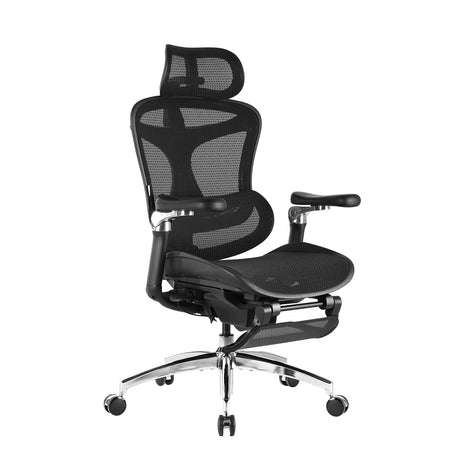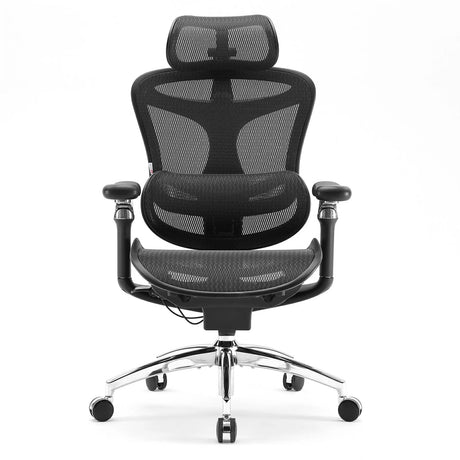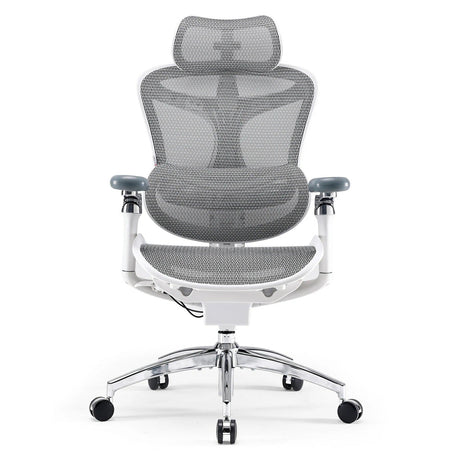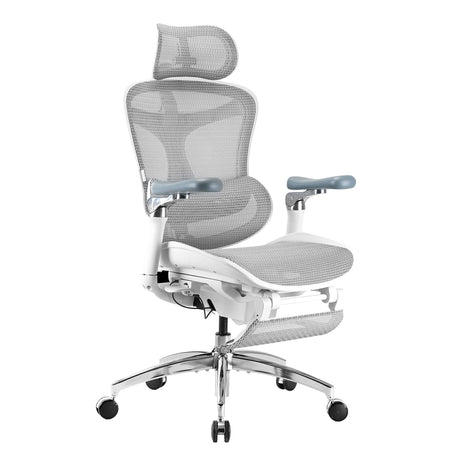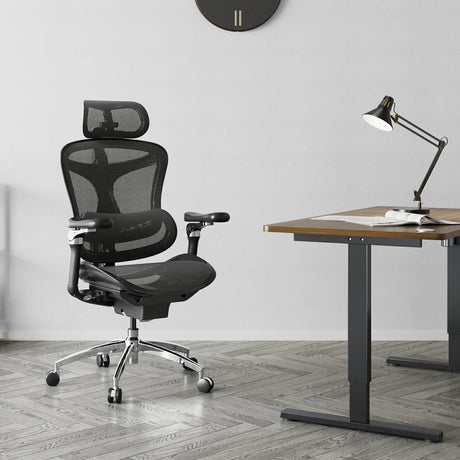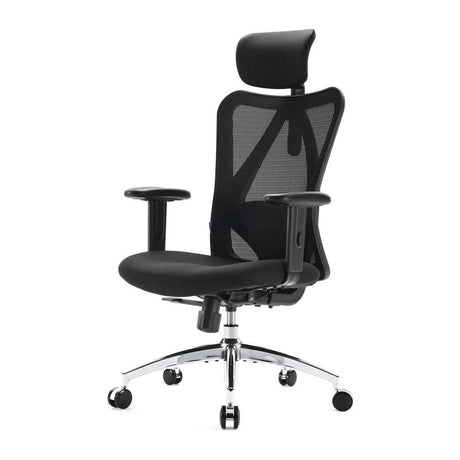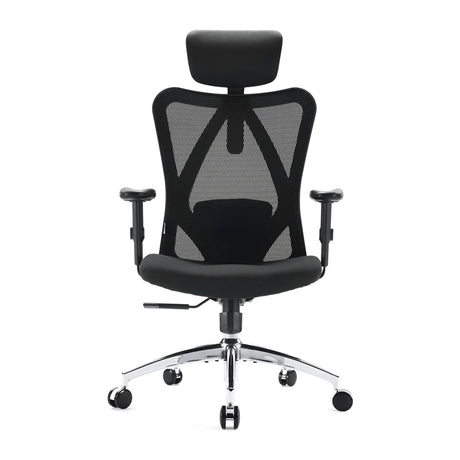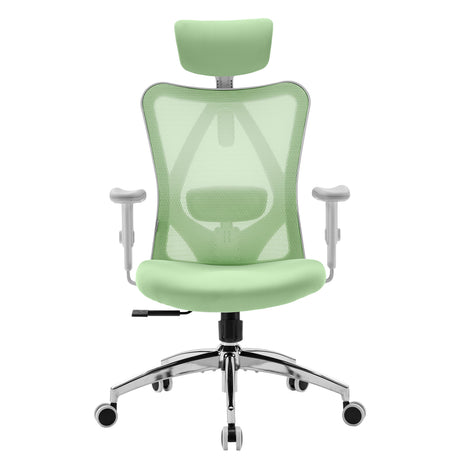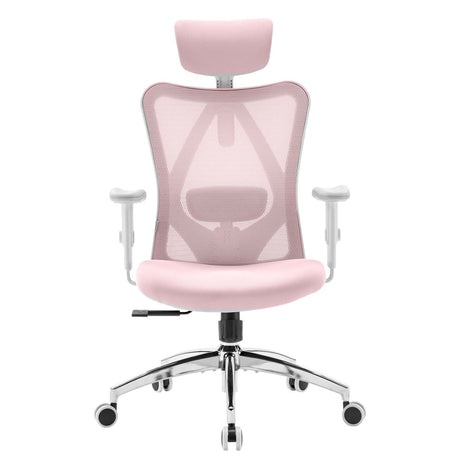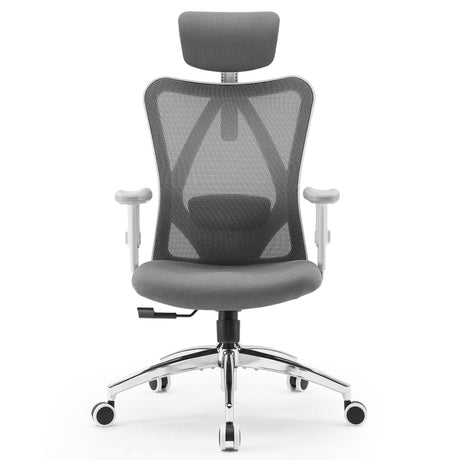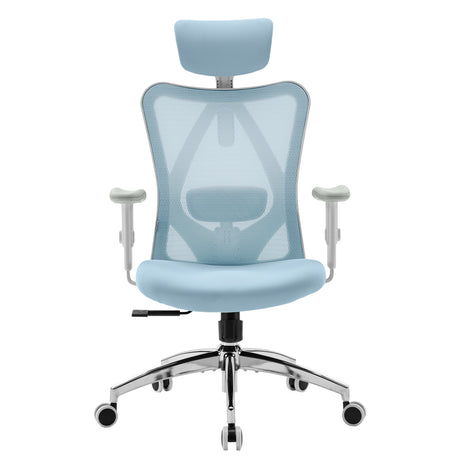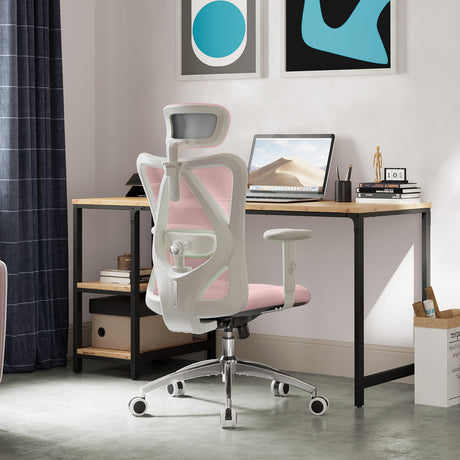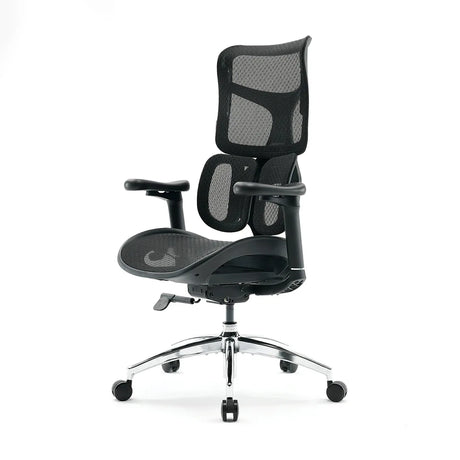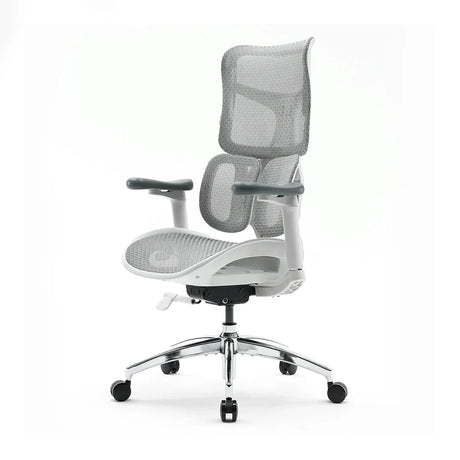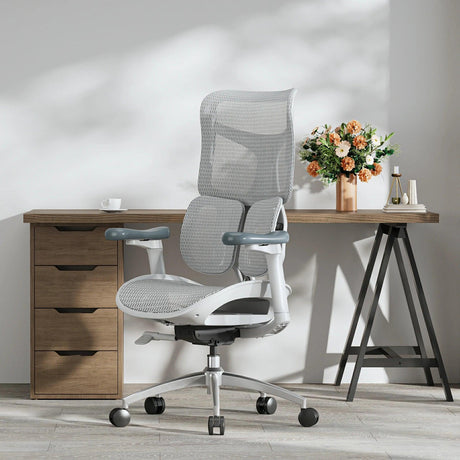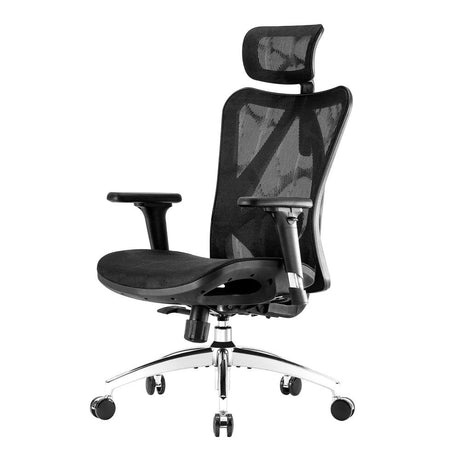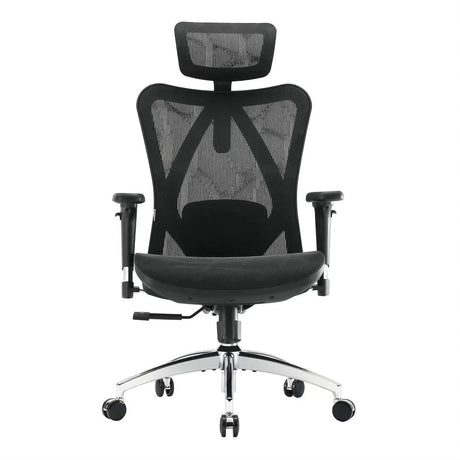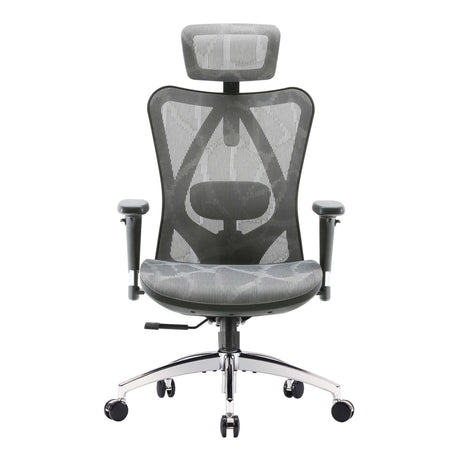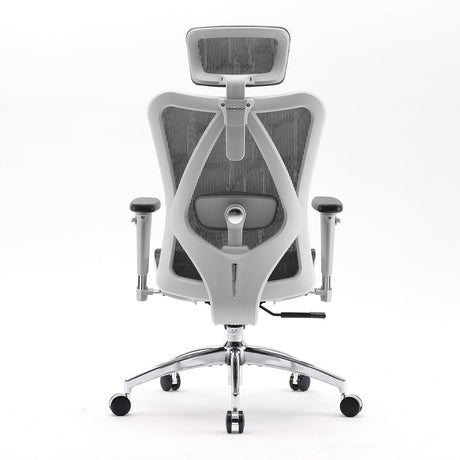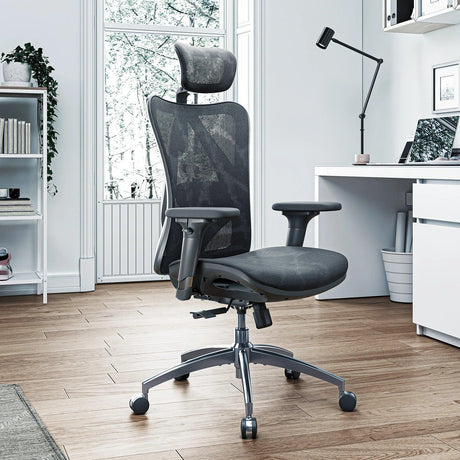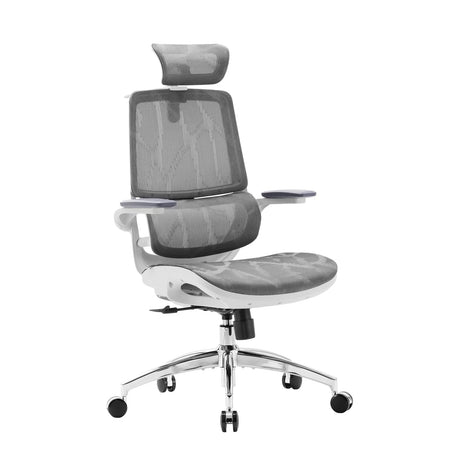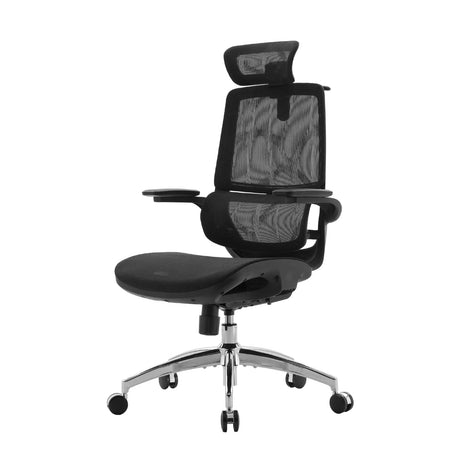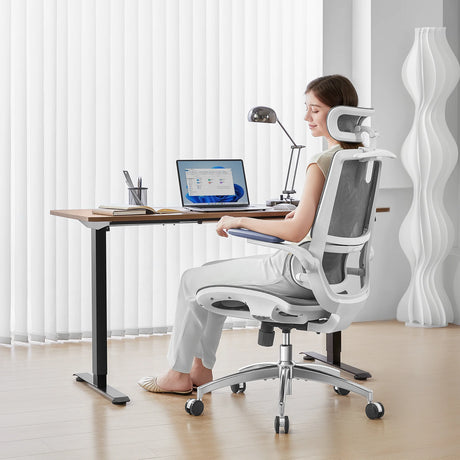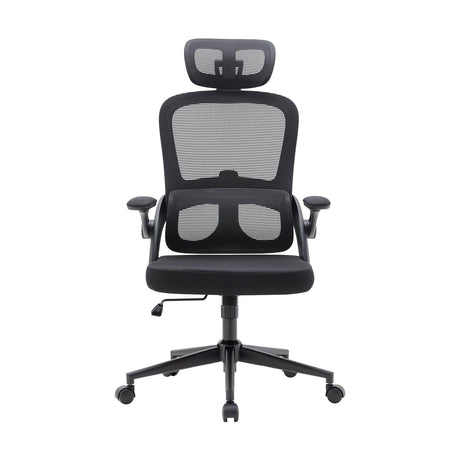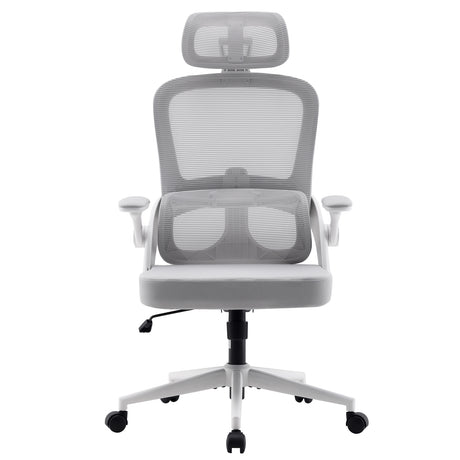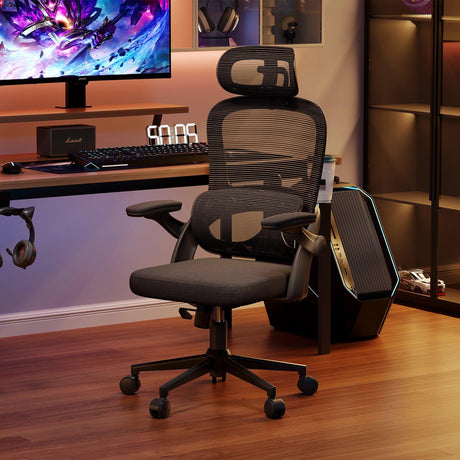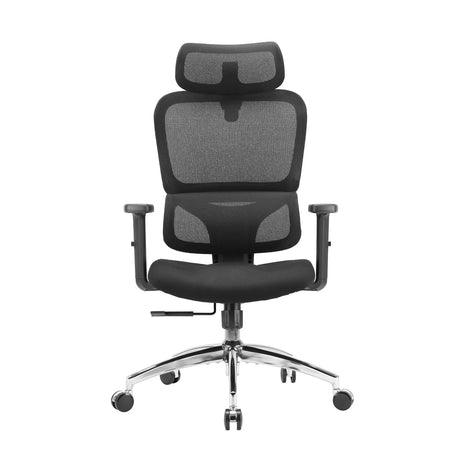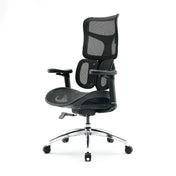When it comes to outfitting an office, one of the most important pieces of furniture is the office chair. Given that the average office worker spends about 8 hours a day sitting, the choice of chair can significantly impact comfort, productivity, and overall health. Leather chairs, often considered the epitome of luxury and style, are a popular option in many professional settings. But are leather chairs a good choice for the office? Let's delve into the various aspects of leather office chairs to help you make an informed decision.
Comfort and Ergonomics
Pros:
- Support and Durability: Leather chairs often come with high-quality construction, including sturdy frames and durable padding that provide excellent support. They are designed to maintain their shape and support over time, making them a good long-term investment.
- Comfort: Leather naturally adjusts to the body's temperature, providing a comfortable seating experience. The material can offer a soft and luxurious feel, which can be quite pleasant during long hours of work.
- Ergonomic Design: Many leather office chairs are designed with ergonomics in mind, featuring adjustable heights, lumbar support, and reclining functions. These features can help reduce the risk of back pain and other musculoskeletal issues.
Cons:
- Temperature Sensitivity: Leather can get hot and sticky in the summer and cold in the winter. This can sometimes lead to discomfort, particularly in poorly climate-controlled environments.
- Break-in Period: New leather chairs might be stiff at first and require a break-in period before they reach optimal comfort.
Aesthetics and Professionalism
Pros:
- Professional Appearance: Leather chairs are often associated with a professional and sophisticated look. They can enhance the overall appearance of an office, making it look more polished and upscale.
- Variety of Styles: Leather chairs come in various styles and colors, allowing for a range of choices to match different office decors. Whether you prefer a classic executive look or a more modern design, there's likely a leather chair that fits the bill.
Cons:
- Maintenance: Leather requires regular maintenance to keep it looking its best. It needs to be cleaned and conditioned periodically to prevent cracking and to maintain its appearance.
- Perceived Formality: In some creative or casual office environments, leather chairs might be seen as too formal or out of place.
Durability and Longevity
Pros:
- Durability: High-quality leather chairs are incredibly durable and can last for many years with proper care. Leather is resistant to punctures and tears, making it a robust choice for office furniture.
- Longevity: Unlike fabric chairs, which may wear out or become stained over time, leather bset ergonomic chairs tend to age well, developing a patina that can add character and charm.
Cons:
- Initial Cost: Leather chairs are generally more expensive than their fabric or mesh counterparts. The upfront investment can be significant, although it may be justified by the chair's durability and longevity.
- Potential for Damage: While leather is durable, it can be susceptible to damage from sharp objects or excessive moisture. This requires users to be more mindful about their handling of the chair.
Health and Hygiene
Pros:
- Allergen-Free: Leather does not harbor dust mites, pet dander, or other allergens, making it a good choice for people with allergies. It is also easy to wipe clean, helping to maintain a hygienic office environment.
- Easy to Clean: Spills and stains can be easily wiped off leather, making it a practical choice in an office setting where food and drink are often present.
Cons:
- Breathability: Leather is not as breathable as some other materials, like mesh. This can result in a sweaty and uncomfortable experience, especially in warmer climates.
- Chemical Treatments: Some leather chairs may be treated with chemicals during the tanning process. It's important to choose chairs from reputable manufacturers that adhere to safety standards to avoid potential health risks.
Environmental Impact
Pros:
- Longevity Reduces Waste: Due to their durability, leather chairs do not need to be replaced as frequently as other types of office chairs, which can reduce waste and environmental impact over time.
Cons:
- Environmental Concerns: The production of leather involves significant environmental concerns, including the use of water, chemicals, and energy in the tanning process. Ethical concerns regarding animal welfare and the carbon footprint of leather production also need to be considered.
- Alternatives: Synthetic leather options are available that offer similar aesthetics and durability with potentially lower environmental impacts, though they may not match the comfort and longevity of natural leather.
Conclusion
In conclusion, leather chairs can be an excellent choice for an office environment, offering a combination of comfort, durability, and professional appearance. However, they do come with certain drawbacks, including higher costs, maintenance requirements, and potential discomfort in varying temperatures. When choosing a leather office chair, it's essential to consider the specific needs of your office environment, including climate control, aesthetic preferences, and ergonomic requirements.
For those who prioritize a professional look and are willing to invest in long-term quality, leather chairs are a solid option. However, it's also worth exploring high-quality alternatives, such as mesh or fabric chairs, that might better suit different climates or office styles.
Ultimately, the best office chair is one that provides comfort, supports good posture, and fits well within your office's aesthetic and functional needs. By weighing the pros and cons, you can make a well-informed decision that enhances both your work environment and productivity.

